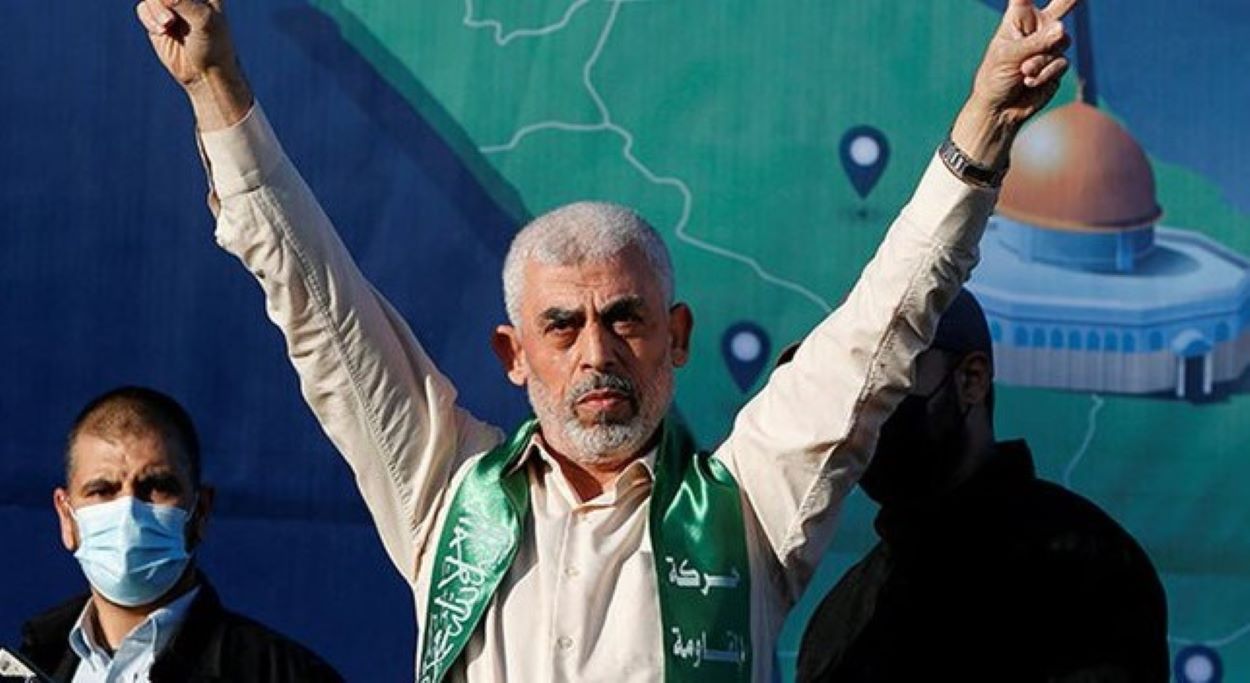Israel has vowed to target new Hamas chief Yahya Sinwar as the conflict with Gaza reaches its 11th month. Sinwar, identified as the mastermind behind the devastating October 7 attack, took leadership following the assassination of his predecessor, Ismael Haniyeh, in Tehran.
In a statement, Israeli Prime Minister Benjamin Netanyahu emphasized Israel’s determination to defend itself, declaring the nation is defensively and offensively ready. Israeli Foreign Minister Israel Katz stated that Yahya Sinwar’s leadership role underscores the urgent need to eliminate him to dismantle the organization he leads.
Sinwar, who has led Hamas in Gaza since 2017, has not appeared publicly since the October attack, which marked one of the deadliest in Israel’s history. A senior Hamas official conveyed that Sinwar’s selection signifies the group’s continued commitment to resistance.
Hezbollah, an ally of Hamas, praised Sinwar’s appointment, viewing it as evidence of Israel’s failure to achieve its goals through the assassination of Hamas leaders.
Analysts suggest that Sinwar’s leadership will likely continue the group’s militant strategies, making a ceasefire less probable. Rita Katz of the SITE Intelligence Group noted that Sinwar’s closer ties to Tehran than Haniyeh, who resided in Qatar, suggest a continued hardline stance.
The United States, through Secretary of State Antony Blinken, has indicated that Sinwar is responsible for facilitating a ceasefire and identified him as the primary decision-maker.
Civilians in both Israel and Gaza have expressed apprehension about Sinwar’s leadership, fearing it could lead to continued or escalating conflict. In Tel Aviv, people have raised concerns about choosing a leader with a militant background, indicating that Hamas may maintain an aggressive stance.
Amid these tensions, Hezbollah has vowed to retaliate for the deaths of Haniyeh and their military leader, Fuad Shukr, who died in an Israeli strike. Hezbollah leader Hassan Nasrallah has promised a response, which may involve coordination with other Iran-backed groups.
The U.S. has bolstered its military presence in the region and, alongside President Joe Biden, has engaged in diplomatic efforts with regional leaders to prevent further escalation.
This complex situation continues as the international community watches closely, with potential repercussions for the broader Middle East region.






